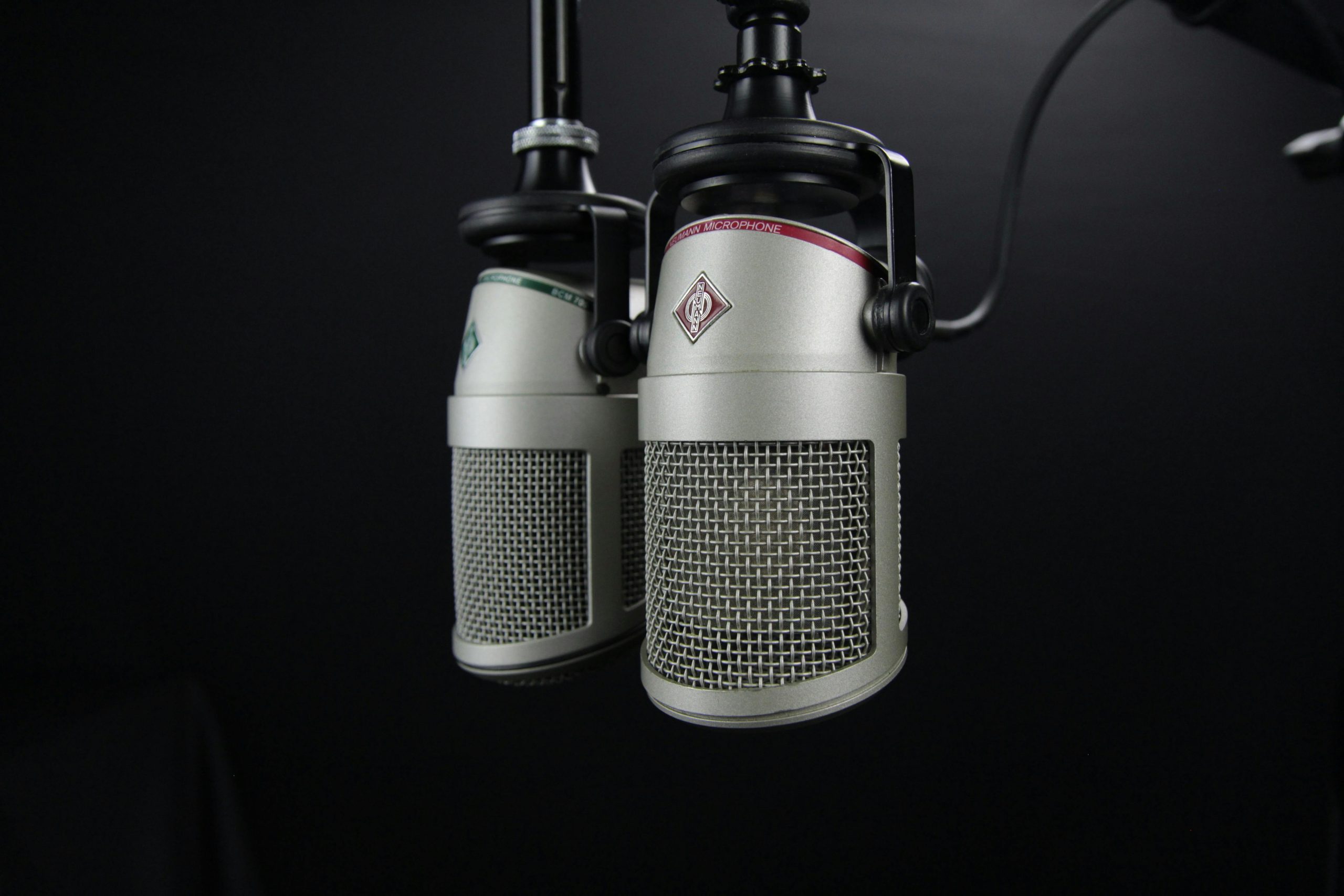In today’s competitive music industry, music pitching is more important than ever. Whether you’re an independent artist, a producer, or a manager, knowing how to effectively present your music to the right people can open doors that talent alone can’t unlock. From landing sync deals to getting your tracks playlisted, music pitching is both an art and a strategy. In this article, we’ll cover 27 proven tips to elevate your music pitching game and make a lasting impression.
1. Know Your Target
Before you send a pitch, research the person or company you’re approaching. Effective music pitching starts with understanding who’s on the receiving end. Tailor your pitch based on their genre preferences and past collaborations.
2. Perfect Your Subject Line
Email subject lines are the first impression in music pitching. Make it short, specific, and intriguing. Think: “Indie Pop Track for Sync – Inspired by Billie Eilish.”
3. Keep It Personal
Avoid generic intros like “To whom it may concern.” Personalized greetings show effort and increase the chances of your music pitching email being read.
4. Be Concise
Respect the recipient’s time. In music pitching, clarity and brevity win. Include only what’s essential and make it skimmable.
5. Highlight the Hook
What makes your track special? Great music pitching highlights the unique elements—whether it’s a powerful vocal hook or an emotional build-up.
6. Include a Short Bio
A one-paragraph artist bio can provide context in your music pitching email. Mention recent releases, notable achievements, or similar artists.
7. Use Streaming Links
Avoid sending attachments. Use private SoundCloud or Dropbox links. Most music pitching professionals prefer clickable links with optional downloads.
8. Professional Presentation
Use a clean, readable email format. Good music pitching reflects professionalism, from grammar to structure.
9. Tailor Your Song Choice
Don’t pitch your whole catalog. Choose the track that best fits the recipient’s needs. Precision in music pitching yields better results.
10. Know the Right Time
Timing matters. Avoid weekends and holidays. Smart music pitching involves knowing when your pitch is likely to be seen.
11. Follow Submission Guidelines
If a label or supervisor has submission rules, follow them strictly. Ignoring them can derail your music pitching efforts instantly.
12. Share a Press Photo or EPK
A one-page EPK or press image gives your music pitching a professional edge. It allows the recipient to visualize your brand.
13. Create a Tagline
Sum up your track in one line. It makes your music pitching more memorable. Example: “Lo-fi hip-hop track with dreamy vocals.”
14. Showcase Your Story
Music supervisors and curators often look for story-driven content. Infusing a bit of narrative can enhance your music pitching appeal.
15. Stay Genre-Specific
Pitch only to outlets that fit your style. Genre mismatch is a common music pitching mistake.
16. Keep the File Names Clean
Rename files properly: ArtistName_TrackTitle.wav. It’s a small music pitching detail that makes a big difference.
17. Build a Network
Strong industry relationships improve your music pitching success rate. Stay connected via social media or networking events.
18. Update Your Online Presence
Make sure your social media and website reflect your current image. Good music pitching is supported by a solid online presence.
19. Use Metadata Wisely
Properly tagged MP3s help recipients remember you. Always include contact info in your music pitching metadata.
20. Create a Playlist
Curate a few songs that match your pitch for context. This advanced music pitching strategy shows you understand placement needs.
21. Don’t Overdo It
Avoid spamming. Respect frequency and space. Responsible music pitching builds trust over time.
22. Ask for Feedback
Even a “no” can turn into insight. When done politely, feedback requests can enhance your music pitching approach.
23. Use Testimonials
If someone credible liked your song, mention it. Social proof adds weight to your music pitching.
24. Be Honest
Don’t oversell. Authenticity makes your music pitching feel genuine and believable.
25. Track Your Results
Use a spreadsheet or CRM tool. Keeping tabs on your music pitching outcomes helps refine your strategy.
26. Follow Up Smartly
Wait 7–10 days before sending a follow-up. A polite nudge can revive your music pitching message.
27. Stay Consistent
Music pitching is a numbers game. Stay consistent, keep improving, and don’t be discouraged by rejections.
Final Thoughts
Mastering music pitching takes time, patience, and strategy, but it’s one of the most rewarding skills in a musician’s toolkit. By using these 27 tips, you can improve your ability to connect with the right people, land more opportunities, and increase the reach of your music. Remember, effective music pitching isn’t just about pushing your songs—it’s about building relationships, delivering value, and showing up as a professional. Whether you’re sending your first pitch or your hundredth, approach each opportunity with care, creativity, and confidence, and your efforts will eventually pay off.



